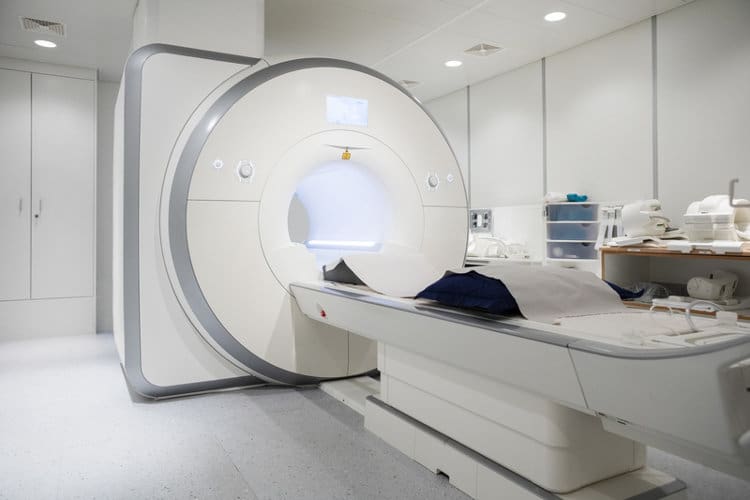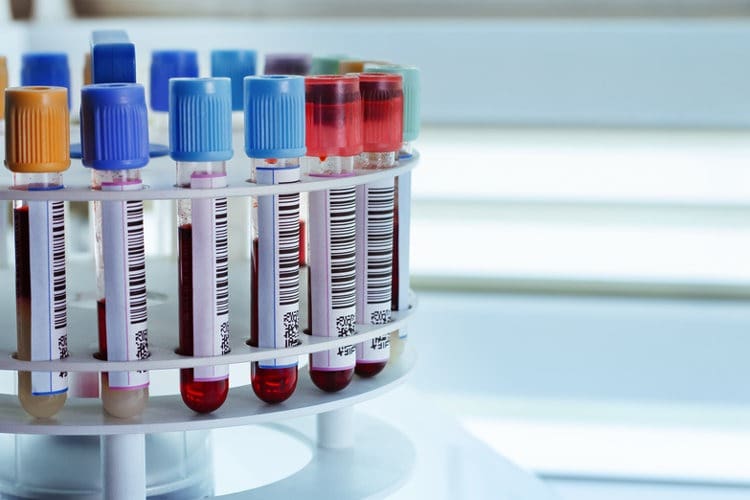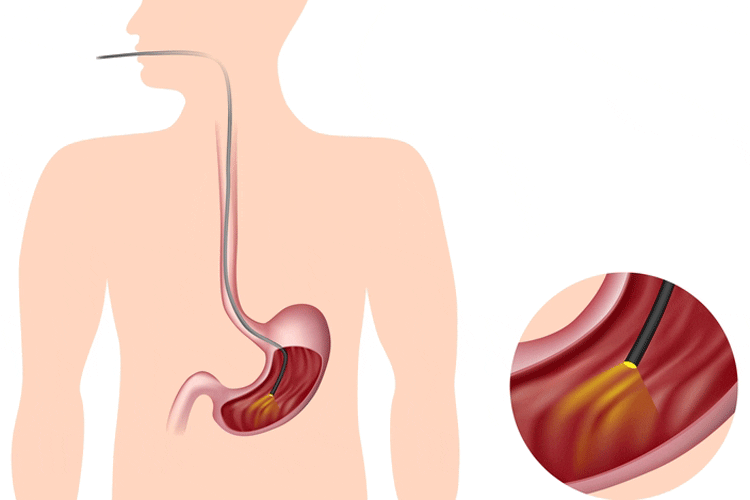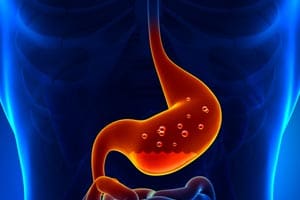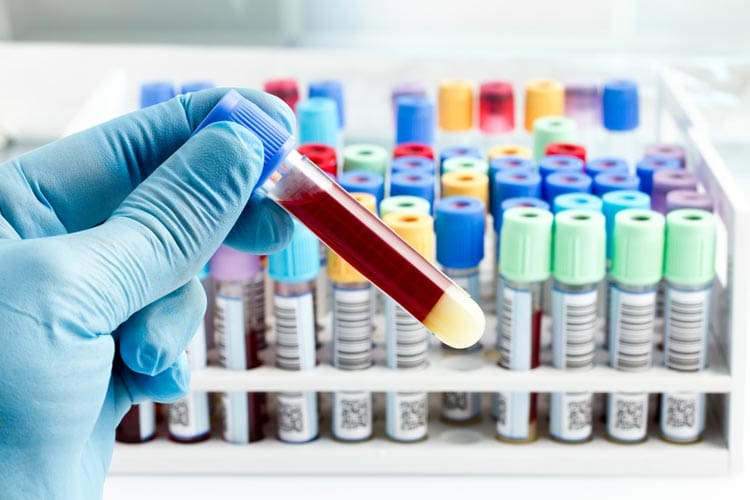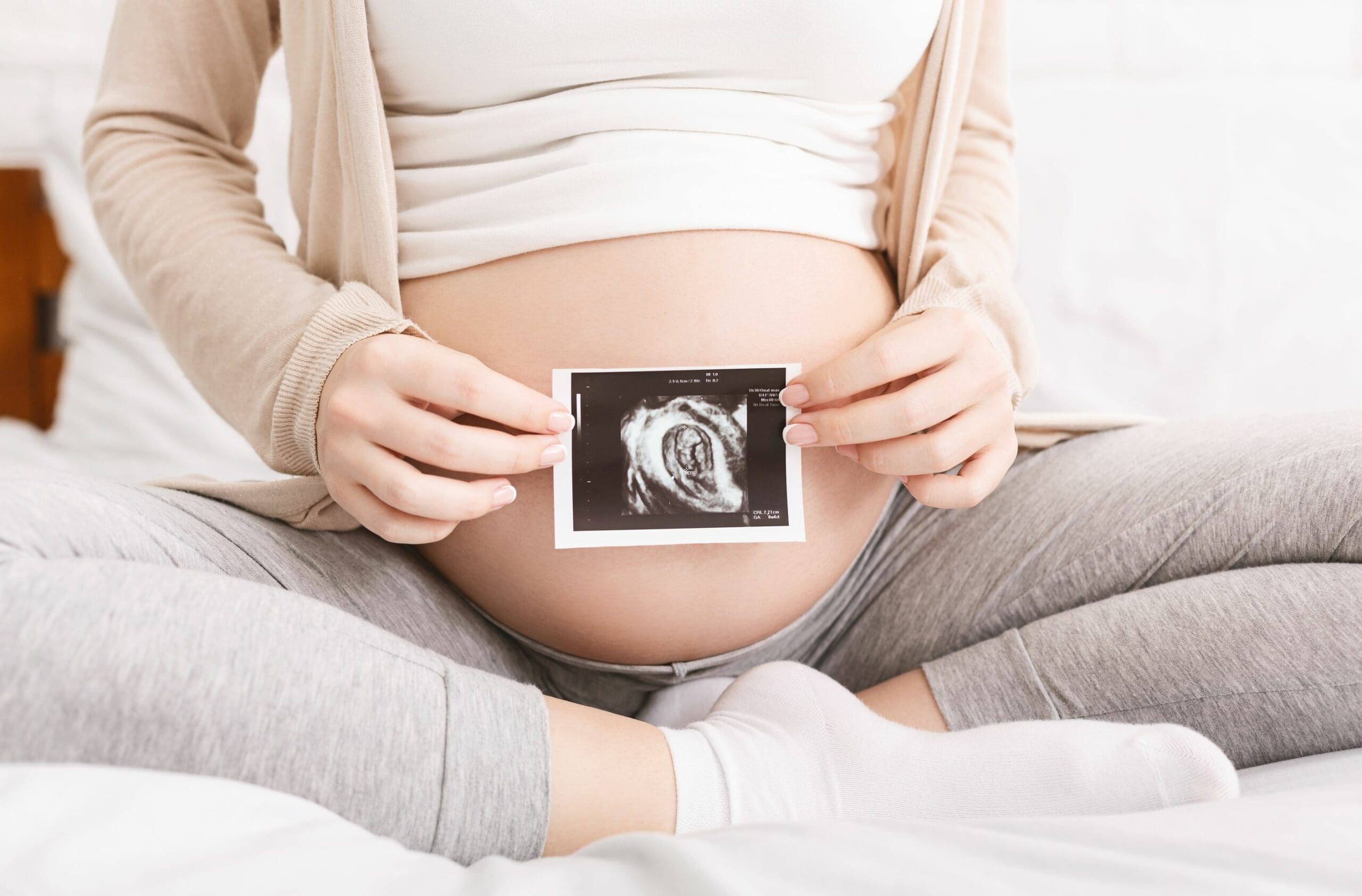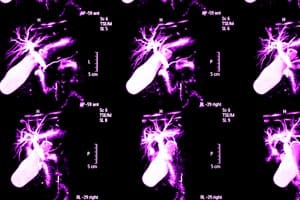An MRI (magnetic resonance imaging) scan gives detailed images of the inside of the body. MRI uses strong magnets, low-energy radio waves and a computer.
tests
Prostate specific antigen (PSA) tests
A PSA test measures the amount of prostate specific antigen in the blood. Find out about the risks and benefits of PSA screening.
Full blood count (FBC)
A full blood count (FBC) is a common blood test that measures the number and status of different blood cells, such as red cells, white cells and platelets.
Coeliac disease: tests
There are several tests available in Australia, including blood tests, gene tests and biopsy of the small bowel, that can help diagnose or rule out coeliac disease – a disease that affects the bowel.
Gastroscopy: examination of the upper digestive tract
Gastroscopy is an examination of the upper digestive tract (the oesophagus, stomach and duodenum) using an endoscope – a long, thin, flexible tube containing a camera and light.
Gastro-oesophageal reflux: tests and investigations
Gastro-oesophageal reflux is common among Australian adults. When reflux symptoms (such as heartburn) are frequent or severe, this is known as gastro-oesophageal reflux disease (GORD).
Allergy blood tests
Allergy blood tests can be used to determine if an allergic reaction is causing your symptoms. Find out all about allergy blood testing on myDr.com.au.
Ultrasound in pregnancy
Ultrasound scans in pregnancy are a way of checking on the developing baby. Ultrasound scans use high-frequency soundwaves to create moving images.
Magnetic resonance cholangiopancreatography (MRCP)
MRCP is a technique for imaging the bile ducts and the pancreatic duct (and the gallbladder, pancreas and liver) using MRI (magnetic resonance imaging). It can show gallstones, tumours, and inflammation.
Endoscopic retrograde cholangiopancreatography (ERCP)
ERCP is an investigation used to view the gallbladder, bile ducts, pancreas and pancreatic duct.

